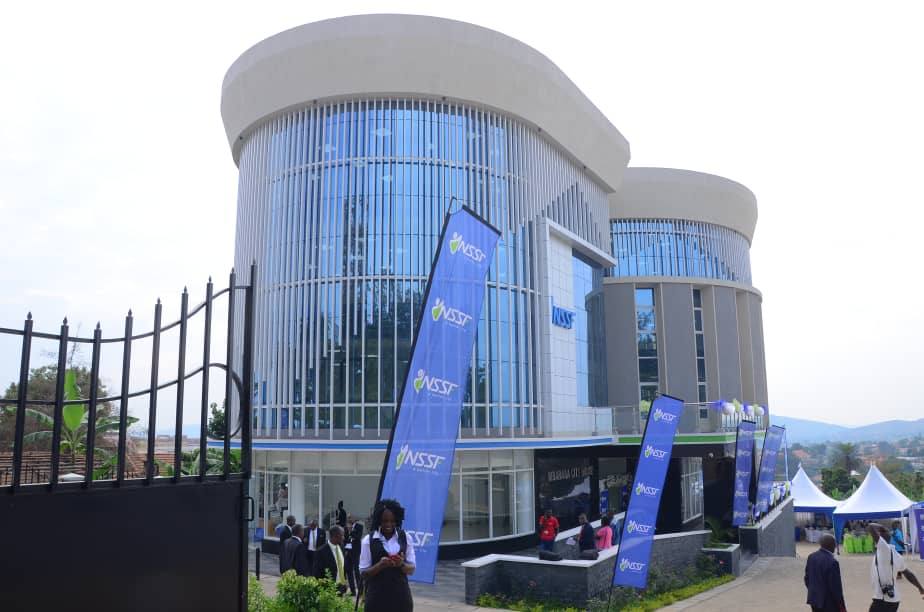Finance minister, Matia Kasaijja has declared 11 percent interest to be paid to those who save monthly with the National Social Security Fund for the year 2018/19.
The declaration of the latest interest was made during NSSF 7th Annual Members’ Meeting at Kampala Serena Conference Centre.
This new interest rate will be calculated and credited on the balance outstanding on the members’ accounts as at 1st July 2018, in accordance with provisions of the NSSF Act.
The 11 per cent is a drop from last year’s 15 per cent however the minister said the rate declared is higher than 6.7 per cent 10 year average rate of inflation and annual inflation of 3.4 per cent recorded last Financial Year.
“This rate I am announcing today is higher than the 6.7 per cent 10-year inflation rate which means that your money still holds much value” said the Minister
“The Fund size has grown by 13 per cent and contributions from workers increased by 17 per cent from Shs 1.049 Trillion to Shs 1.208 Trillion. This is quite impressive. We shall do everything we need to do to help the fund grow,” Kasaijja said.
Kasaija said the Uganda Economy has recovered from the shocks of 2016/17, growing at over six per cent last financial year. “This year we even project a better economic growth,” he said
The amount of money paid in benefits to qualifying members, according to the fund, increased by 25 percent from Shs 360 billion in 2017/2018 to Shs 450 billion in 2018/2019 and the average benefits turn-around-time 2018/19 remained flat at 8 days.
“The Fund has paid you a real return, eliminating the risk of erosion of the value of your saving as a result of inflation, and growing the savings in real terms. I would like to applaud Board and Management for ensuring that members’ savings are preserved.” He echoed
NSSF Board Chairman, Patrick Kaberenge, welcomed the move to amend the NSSF Act cap 222 With the decision to preserve NSSF as the mandatory scheme for workers in the private sector.
He said Customer satisfaction slightly dipped by one per cent from 85 per cent in 2017/2018 to 84 per cent in 2018/2019. The key factor affecting the rating is limited product offering which we hope to address through the proposed amendment to the NSSF act.








